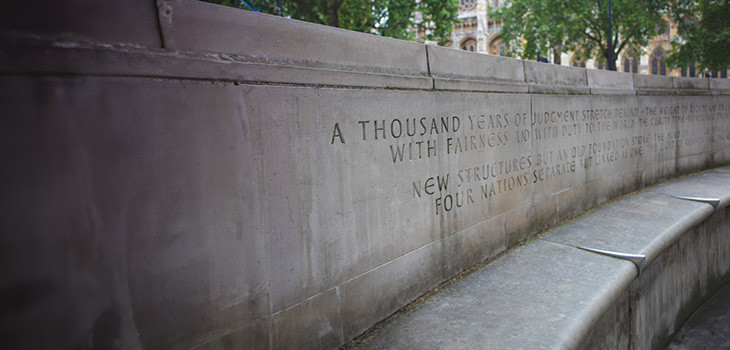
- Discusses case law showing the use of the ‘but for’ test as a ‘strong but not rigid’ guide to assessing liability in tort, and to determine liability for a loss following breach of a duty.
Causation, the requirement for a victim of a tort to show how loss was caused to them, is familiar ground in breach of duty claims. It bridges the gap between breach of an obligation or duty and loss. Lawyers tend to address the first, proving that someone is in the wrong, while victims focus more usually on the second—what they have lost.
One problem is that a victim’s view of responsibility for loss may not fit the legal one. Along with duty and remoteness, the causation test is a dividing line between somebody having legal responsibility and avoiding it.
As an illustration, in Barnett v Chelsea and Kensington Hospital Management Committee [1969] 1 QB 428, [1968] 1 All ER









